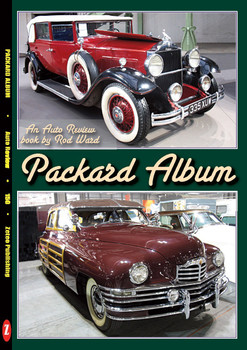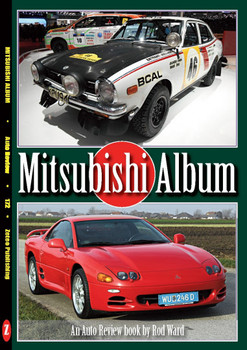Description
paperback, 31 pages,
Adam Opel was born in 1837, and originally trained as a locksmith, then he turned to making sewing machines, adding bicycles to his product range in the late 19th century. His four sons were avid bicycle racers, and took the lead when the family firm made motor vehicles. After the Great War the firm made popular cars, and it was acquired by General Motors, to access the growing German economy. Its American ownership aroused the suspicion of the Nazi authorities, so Opel did not play as large part in the German war effort as some other companies. Postwar recovery of the German economy carried Opel along on a tidal wave of growth, producing vast profits for GM, who gave to Opel the lead role in their international expansion, rather than other overseas subsidiaries such as Vauxhall or Holden. Many interesting and world-leading car designs were produced from the 1970s to the 1990s. The strategy to build ‘world cars’ would eventually mean, however, that Opel’s home market position was weakened. GM seemed to have few ideas on how to solve Opel’s problems other than by cost-cutting, and they tried to sell Opel on a number of occasions, notably to Magna and to Fiat, but without success. Having allowed the leading British truck brand, Bedford, to die of neglect, GM seemed likely to oversee the collapse of Opel (and its UK arm Vauxhall). Luckily another motor manufacturer could see the potential. PSA Group acquired Opel in 2017, and within a year it was showing a profit, a good augury for the future of the 150-year old Adam Opel company.
I would like to dedicate this publication to an old friend, Chuck Jordan. In his career at GM Chuck designed the 1959 Cadillac. In his private life he was a keen Ferrari owner and fan. From 1967 to 1970 he was Opel design director, responsible for such stylish cars as the Manta coupe and the Opel GT. After his years in Germany, Chuck returned to the USA, and in 1986 he became Vice President of Design at General Motors, a role previously held by his heroes Bill Mitchell and Harley Earl.
Chuck Jordan retired in 1992, and he died in 2010.










